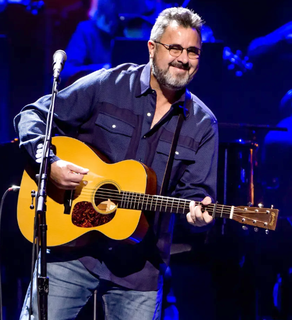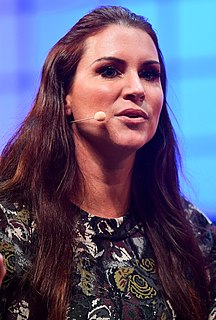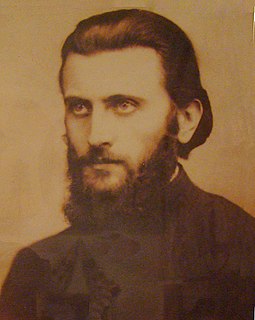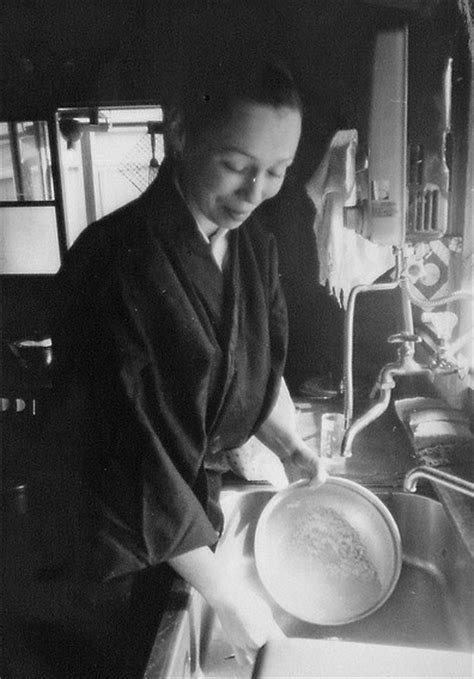A Quote by Nhat Hanh
The other person has wrong perceptions about himself and about us. And we have wrong perceptions about ourselves and the other person. And that is the foundation for violence and conflict and war.
Related Quotes
Every life is its own excuse for being, and to deny or refute the untrue things that are said of you is an error in judgment. All wrong recoils upon the doer, and the person who makes wrong statements about others is themselves to be pitied, not the person they vilify. It is better to be lied about than to lie. At the last no one can harm us but ourselves.
Sometimes, recently Israeli-Palestinian conflict is indeed a clash between wrong and wrong. It is not as simple as fascism was. Every decent man had to be against fascism, period. It is not as simple as apartheid or colonialism or racism or misogyny. It is not simple because the Palestinians have no other land. They are absolutely right about this. The Israeli Jews also have no other land and they are absolutely right about this. It is a tragedy of two peoples claiming the same very small country, about the size of New Jersey.
We forgive, if we are wise, not for the other person, but for ourselves. We forgive, not to erase a wrong, but to relieve the residue of the wrong that is alive within us. We forgive because it is less painful than holding on to resentment. We forgive because without it we condemn ourselves to repeating endlessly the very trauma or situation that hurt us so. We forgive because ultimately it is the smartest action to take on our own behalf. We forgive because it restores to us a sense of inner balance.
Instead of making others right or wrong, or bottling up right and wrong in ourselves, there's a middle way, a very powerful middle way...... Could we have no agenda when we walk into a room with another person, not know what to say, not make that person wrong or right? Could we see, hear, feel other people as they really are? It is powerful to practice this way..... true communication can happen only in that open space.
When we are not engaged in thinking about some definite problem, we usually spend about 95 percent of our time thinking about ourselves. Now, if we stop thinking about ourselves for a while and begin to think of the other person's good points, we won't have to resort to flattery so cheap and false that it can be spotted almost before it is out of the mouth.
Anger is like a storm rising up from the bottom of your consciousness. When you feel it coming, turn your focus to your breath. Breathe in deeply to bring your mind home to your body. Then look at, or think of, the person triggering this emotion: with mindfulness, you can see that they are unhappy and suffering. You can see their wrong perceptions. You'll feel motivated by a desire to say or do something to help the other person suffer less. This means compassionate energy has been born in your heart. And when compassion appears, anger is deleted.
At the root of every large struggle in life is the need to be honest about something that we do not feel we can be honest about. We lie to ourselves or other people because the truth might require action on our part, and action requires courage. We say we “don’t know” what is wrong, when we do know what is wrong; we just wish we didn’t. Art lets us tell the truth, but even art can be something to hide behind.
Every single bit of entertainment is escapism. It's because you are saying, "Let's see what this other person's life is like." And also it's beyond escapism, its entertainment and art as such can elevate the species. The entertainer supposedly is the muse. They're the ones who tell you what is wrong with society in a humorous way. They're the ones who do an expose about this or a documentary about that about the injustice of this. So it can be a very powerful medium.




























